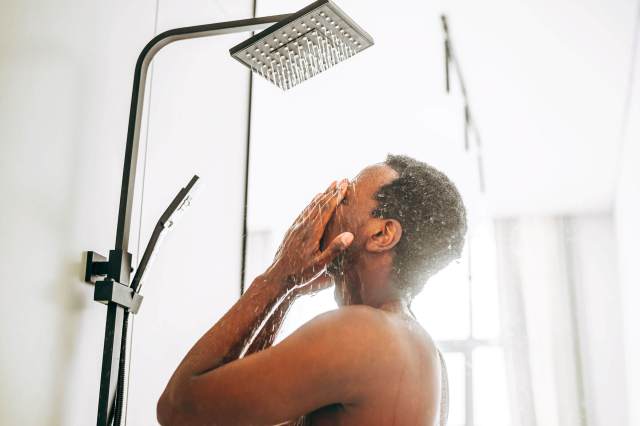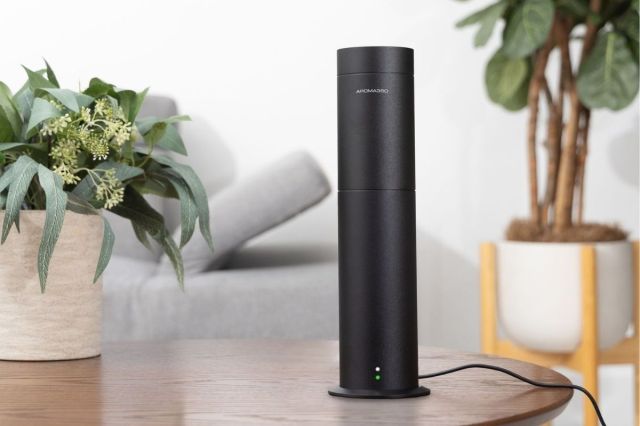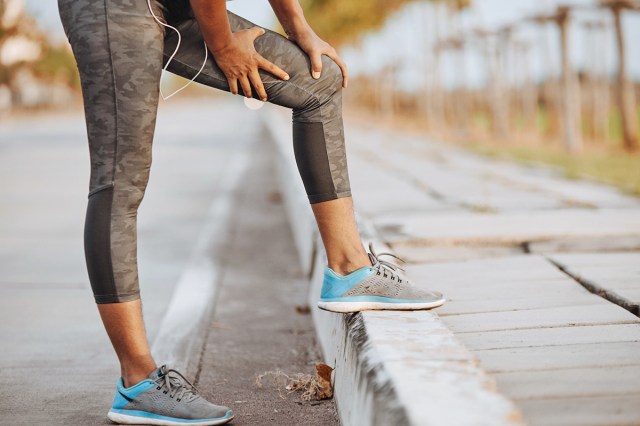A healthy, long life is a goal we all share. That’s why fad diets, crazy workout regimens, dietary supplements, and other health-boosting products and practices seem to crop up daily. Though there are benefits to some of these trends, there might be an even easier way to improve longevity: take a shower. Okay, not just any shower, a cold shower, but still, the idea is simple enough that anyone can do it — even if it sounds rather unpleasant. Can taking a cold shower every day really help you live longer? Before we go any further, however, we must mention that you should talk to your doctor if you have preexisting conditions that cold showers, including circulatory disorders, a heart condition, or arthritis, might aggravate.
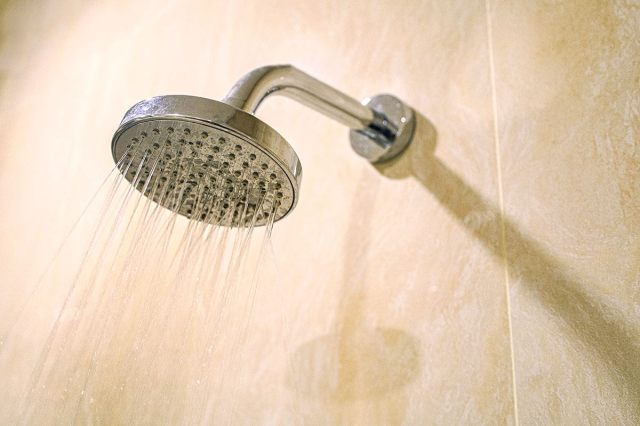
Why You Should Try Cold Showers
Not only can a cold shower feel refreshing on a hot summer day, but it can also be a beneficial part of a daily routine with proven health benefits. While there is no guarantee that taking a cold shower will add years to your life, it likely won’t do any harm. The most significant disadvantage is feeling uncomfortably cold. However, it also has many health benefits, directly and indirectly impacting longevity.
For some people, cold showers are a go-to in the mornings because they give you a jolt and wake you up, but to others, cold showers are much more than that — they’re a form of preventative healthcare. According to scientific research, submerging in cold water, whether a shower, bath, or even a cold-water swim, has both mental and physical health benefits. Cold water can reduce inflammation, ease mental health symptoms, boost your mood, and even improve circulation. It can also have noticeable physical impacts. Many people notice tightened pores and reduced skin puffiness, while others claim their hair is shinier and healthier than ever before. When combined with a good diet and exercise, cold water showers are a healthy part of a balanced lifestyle.
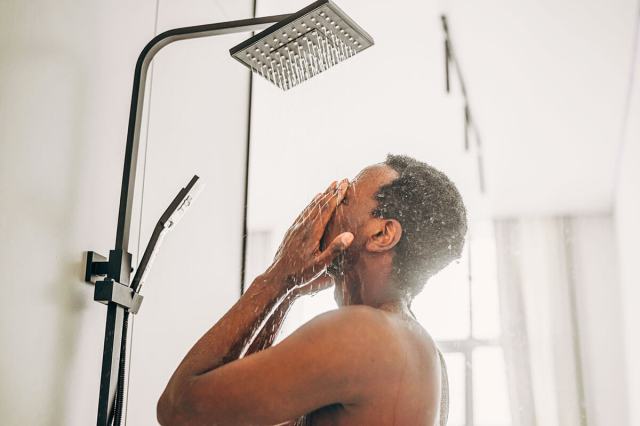
Reduce Inflammation
Inflammation can lead to all sorts of chronic diseases, from gastrointestinal disorders to cardiovascular issues. Submerging your body in cold water can help reduce inflammation all over the body, bettering your chance of warding off disease or at least keeping symptoms at bay. Cold temperatures cause your blood vessels to constrict, which moves blood out of the extremities and towards the core. As you heat up again after your shower, oxygenated blood flows back into tissues and flushes out inflammation.

Improve Mood
Mental health is as important to longevity as physical health — the two directly correlate. Exposure to cold temperatures releases endorphins by activating the parasympathetic nervous system. Studies also show that cold water submersion can be an effective treatment to reduce the symptoms of depression. In one study, participants who took one or two cold showers daily for a few weeks to a few months experienced relief of depressive symptoms. Furthermore, the cold showers didn’t appear to have any adverse side effects.
Reader Favorites
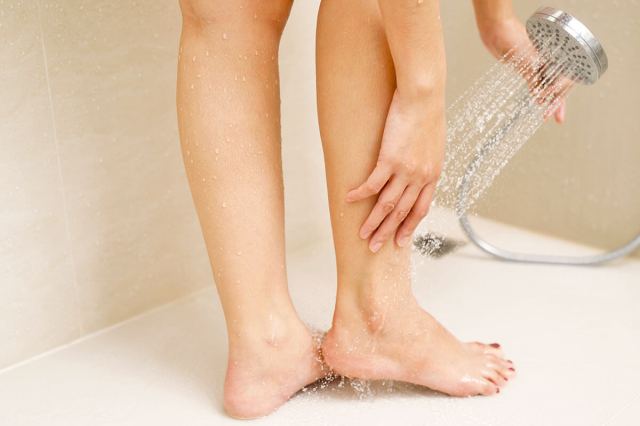
Improve Circulation
Heart health directly impacts aging; cold water can bolster circulatory system health. Your body goes into “survival mode” in cold water, and your body kicks your circulatory system into high gear to increase blood flow. Regular exposure to cold temperatures can make your circulatory system more efficient by improving its reactivity. Improved circulation can help with other health issues like high blood pressure or diabetes.

Boost Immune System
You could boost your immune system if you’re willing to brave the cold water for a few minutes longer. Long cold showers and cold water submersion have positively affected immunity. Cold temperatures can stimulate the production of white blood cells, which fight off germs and diseases inside the body.
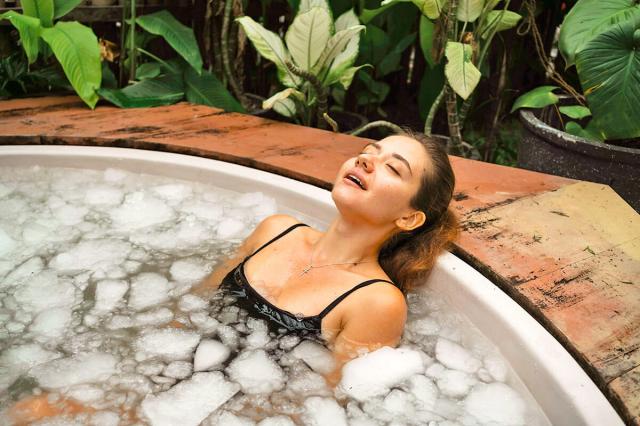
Promote Weight Loss
Maintaining a healthy weight is a key component of longevity. Long cold showers (and cold water submersion, such as ice baths) can promote weight loss. The body raises its metabolism to keep warm, which burns calories. This is why you might feel extra hungry after a long day of swimming at the pool or beach. Cold water also activates “brown fat,” which also burns calories to keep you warm.
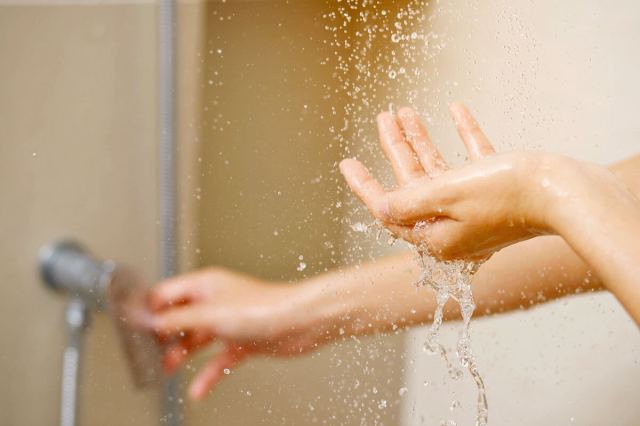
How to Get Started
Don’t worry; you don’t have to sud up and take a full shower in ice-cold water. Instead, take a warm shower as you usually would, washing your hair and body. After scrubbing and rinsing, turn the dial to cold and give yourself an icy, 30-second blast. According to UCLA Health, a cold shower is anything less than 60 degrees.
This might feel shocking at first, but with practice, your body will become used to it, and you can make your cold sessions last longer and longer. “Take deep breaths and move under the shower to distribute the water evenly across your body,” suggests internal medicine specialist Dr. Majdoline Jayoushe. A good goal to aim for is two minutes, then add time until you reach around five minutes.
There is also no “right” time to take a cold shower. Some enjoy the energy boost in the morning or before a big event, while others find the practice soothing in the evenings. However, as Dr. Jayoushe reminds us, “Since our core body temperature fluctuates throughout the day, we are most sensitive to the cold in the morning when the core body temperature is at its lowest.” Keeping all of this in mind, allow yourself to start slowly and at the most comfortable time. Hopefully, you feel well-informed and ready to plunge into cold showers.
More From Our Network
Better Report is part of Inbox Studio, an email-first media company. *Indicates a third-party property.
